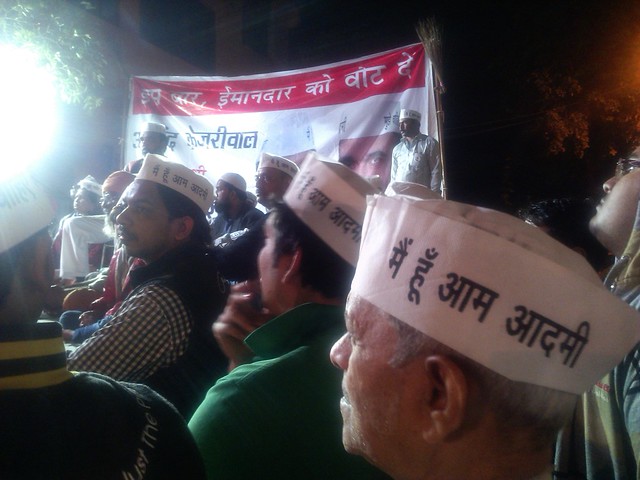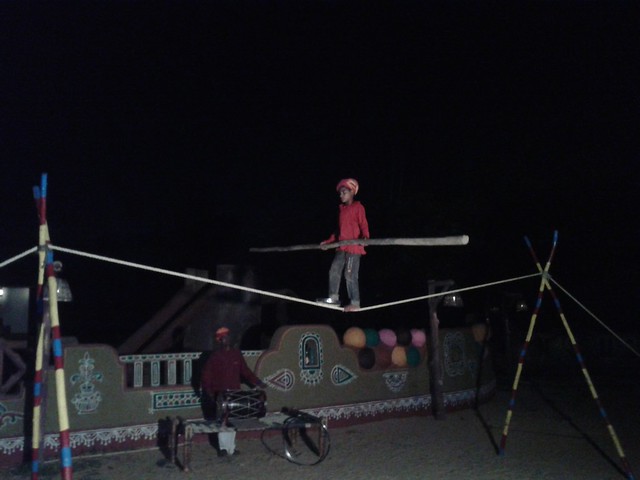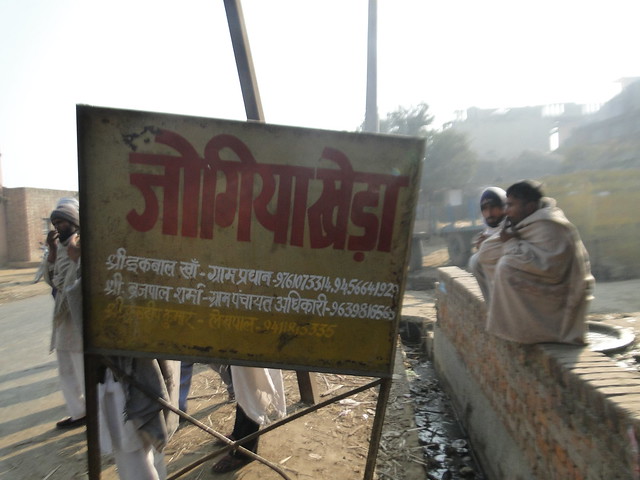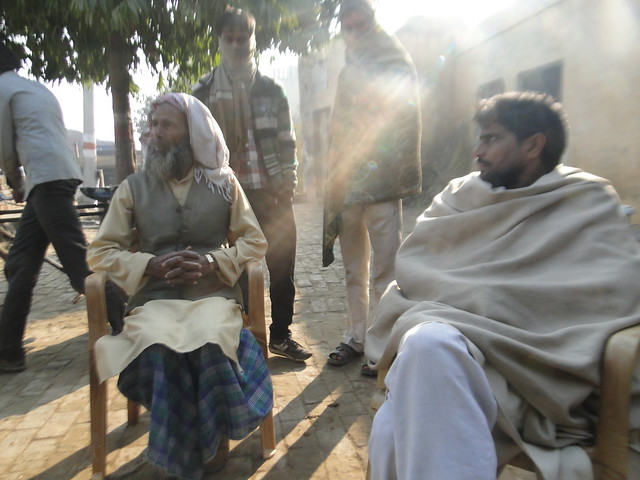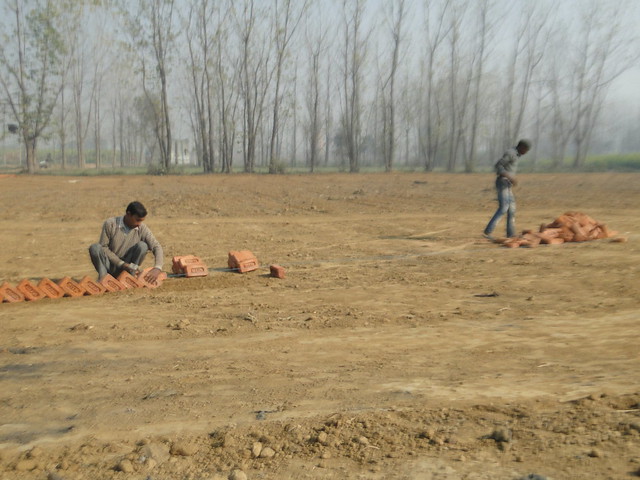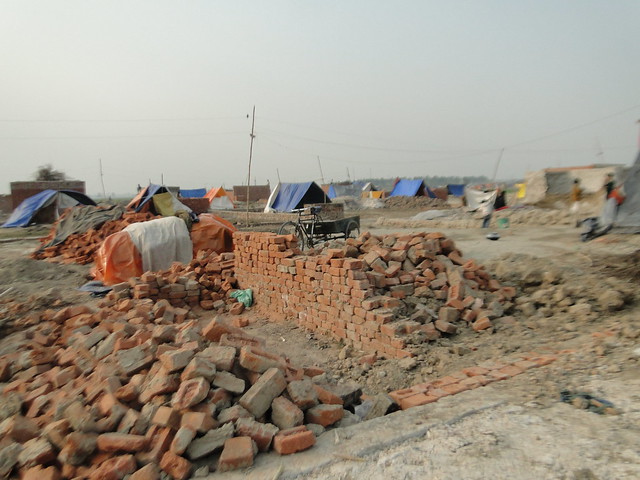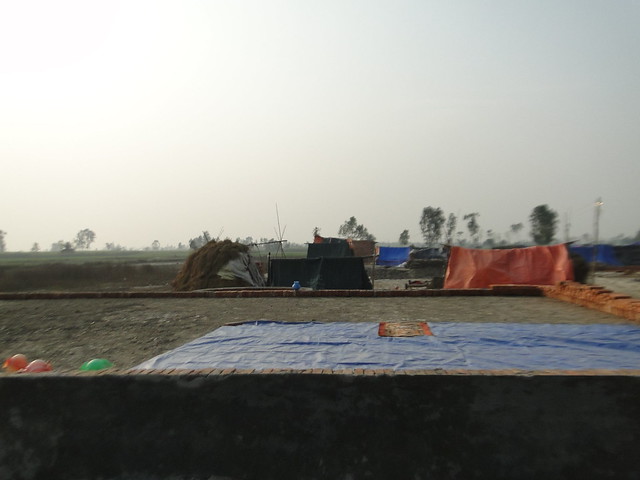By Saiyed Danish, TwoCircles.net,
Muzaffarnagar: Among blankets, clothes, rations and other essential relief materials given to Muzaffarnagar riot victims living at various camps, teaching young kids the literary art of Urdu calligraphy at Jogia Khera camp in Shapur Jat is proving to be an innovative way to keep traumatized children away from plunging back into the abyss of haunting memories of the communal violence which displaced nearly 70,000 people belonging to a certain minority community from Muzaffarnagar.
“I teach various kids who hail from the riot-hit areas. I don’t know whether they used to go school there or study Urdu or the Qur’an but here I teach them everything including calligraphy,” says Abdul Wajid Qasmi, the bespectacled Urdu teacher who hails from Vigyana village and teaches at Jogia Khera camp at Shahpur Jat.

Many kids sitting on a mound at one corner of the camp site in a single file looked busy trying the lost medieval art of artistic writing. Every kid had one’s own set of Qalams made of bamboo sticks and ink pots with him. The unique styled nibs of their pen were inking Urdu alphabets on a wooden board.
“What I am learning here is new to me as I enjoy writing by pouring these pens into the ink pot again and again,” says Yusuf, riot-affected child. Another young boy, Hamza who happily shows off his progress in the art form recollects, “We used to go to schools from our homes…,” and pauses a bit emitting an uncomfortable silence, “…and study many things but never this (calligraphy) before.”
Since the inception of the riot, thousands of children lost the bounties of their childhood as their tender eyes witnessed perhaps the grisliest of events in their lives. Images of killings, ransacked, burnt houses and the resulting exodus of the very essence of their childhood than just their physical displacement, still return afresh every time to haunt them and overwhelm their little hearts with big questions.

“Sadma inke dilon mein baaki hai,” (trauma persists in their hearts), Qasmi opens up. There are moments when they have nightmares and shout in sleep. Sometimes, they speak of the riots in a plaintive tone. That is why they wait for these classes more than everyday more than anything else,” he says.
Due to his expertise in calligraphy, he has become the most sought after teacher among students. As a result, many students have now enrolled for his classes. “I used to take only one class everyday but now we have divided the kids into groups and I take classes in different shifts so that I can teach every group beginning from morning till sunset,” he says.

Besides calligraphy, Qasmi also teaches Urdu literature and grammar and conducts recitation of the Qur’an. Hindi classes are also a part of the day long time-table. “Sometimes it seems difficult to teach continuously but it is the enthusiasm of kids which keeps me going,” he says.
